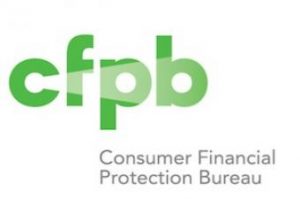 The Consumer Financial Protection Bureau [1] (CFPB) has announced settlements with two lenders that were accused of deceptive advertising aimed at military service members and veterans.
The Consumer Financial Protection Bureau [1] (CFPB) has announced settlements with two lenders that were accused of deceptive advertising aimed at military service members and veterans.
Costa Mesa, California-based Sovereign Lending Group Inc., which operates in 44 states and the District of Columbia, will pay a civil penalty of $460,000 as part of its settlement. Tustin, California-based Prime Choice Funding Inc., which operates in 35 states and the District of Columbia, will pay a civil penalty of $645,000 as part of its settlement.
The CFPB stated that the companies used direct mail marketing for “VA-guaranteed mortgages that contained false, misleading, and inaccurate statements or lacked required disclosures,” a violation of the CFPB’s prohibition against deceptive acts and practices, as well as the Mortgage Acts and Practices–Advertising Rule (MAP Rule) and Regulation Z. The CFPB accused the companies of misrepresenting the credit terms of the advertised mortgage loans, incorrectly describing an advertised introductory interest rate as a fixed rate and giving the false impression they were affiliated with the federal government by using words, phrases, and images commonly with both the VA and the Internal Revenue Service.
Furthermore, the CFPB charged the advertisements from Sovereign and Prime used the name of the consumer’s lender in a misleading way “by not adequately disclosing their own names and the fact that they were not associated with, or acting on behalf of, the consumer’s current lender, as required by Regulation Z.”
In addition to the civil penalties, the CFPB settlement imposes injunctive relief to prevent future violations and requires both companies to designate an advertising compliance official to review their mortgage advertisements before being released to the public. The CFPB also noted the companies will need to “comply with certain enhanced disclosure requirements to prevent them from making future misrepresentations.” However, neither company is required under the settlement to publicly acknowledge wrongdoing.